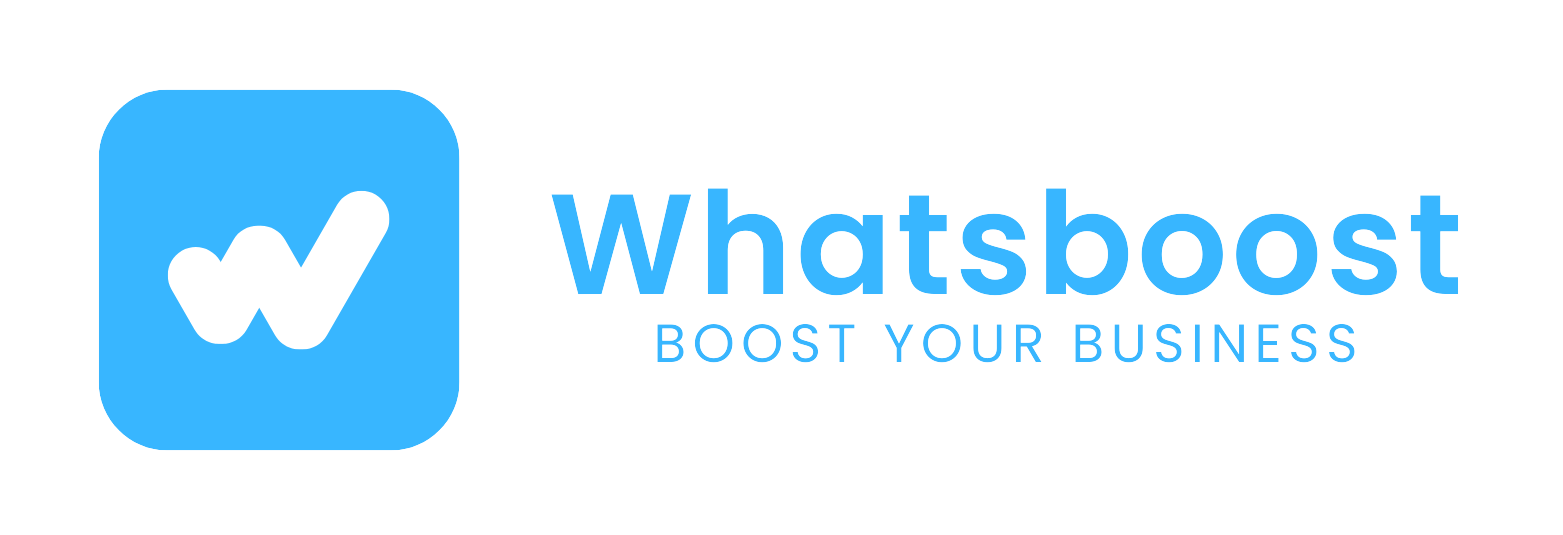
10 Groundbreaking WhatsApp Chatbot Use Cases Fueling Business Growth
Explore how WhatsApp chatbots are transforming business operations, from enhancing customer support to driving sales growth. These innovative use cases illustrate how businesses can leverage chatbots to boost efficiency and increase customer satisfaction.
As businesses rapidly adapt to the ever-changing digital landscape, WhatsApp chatbots are emerging as an essential tool for growth. In 2024, with over 2.78 billion users worldwide, WhatsApp has become the go-to platform for customer engagement. By leveraging WhatsApp chatbots, businesses save over 2.5 billion hours of customer service time globally, streamlining operations and improving customer interactions. Here are 10 innovative ways WhatsApp chatbots are driving business growth:
1. 24/7 Customer Support & Issue Resolution
One of the most significant advantages of WhatsApp chatbots is their ability to provide instant, round-the-clock customer support. Instead of relying on human agents, automated chatbots can handle common inquiries such as product details or refund policies. When an issue requires further assistance, the chatbot can seamlessly escalate the conversation to a human agent. This ensures that customer service is always available, improving satisfaction and fostering loyalty.
2. Personalized Product Recommendations & Upselling
WhatsApp chatbots can analyze user data such as purchase history and preferences to offer personalized product recommendations. These bots can also upsell by suggesting complementary products, boosting sales and enhancing the shopping experience. For instance, after purchasing a smartphone, the chatbot can recommend accessories like cases or headphones, increasing the overall order value.
3. Real-Time Order Tracking & Delivery Updates
In eCommerce, transparency is key to customer satisfaction. WhatsApp chatbots can provide real-time order tracking updates, from processing to delivery. Instead of navigating websites, customers can simply message the chatbot for updates. This level of communication reduces customer anxiety and builds trust, resulting in a more pleasant shopping experience.
4. Lead Generation & Qualification
WhatsApp chatbots excel at lead generation by engaging potential customers in conversation and capturing relevant details such as preferences, budget, and timeline. These bots can ask qualifying questions, helping businesses identify high-quality leads more likely to convert. The qualified leads are then passed to the sales team, streamlining the sales process and improving conversion rates.
5. Appointment Scheduling & Reminders
For service-based businesses, WhatsApp chatbots simplify appointment scheduling by allowing customers to book, reschedule, or cancel appointments directly. Automated reminders further enhance efficiency, reducing no-shows. For example, a healthcare provider can use chatbots to remind patients of upcoming appointments or provide a link to reschedule, making the process more convenient for all parties.
6. Collecting Customer Feedback & Surveys
Gaining customer insights is crucial for growth, and WhatsApp chatbots offer an easy way to gather feedback. After a purchase or interaction, businesses can send surveys via chatbots to measure customer satisfaction. Given WhatsApp’s high engagement rates, customers are more likely to respond, providing valuable insights for improving products and services.
7. Announcing Product Launches & Exclusive Previews
WhatsApp chatbots can generate excitement around new product launches by sending teasers, exclusive previews, or early access offers. These bots can provide detailed product information and limited-time discounts, creating a sense of exclusivity that drives early sales and engagement.
8. Offering Product Tutorials & User Guides
For complex products or services, WhatsApp chatbots can guide customers with step-by-step tutorials or user manuals. By offering easy access to these resources, businesses reduce frustration and enhance the post-purchase experience. Whether customers are setting up new devices or troubleshooting common issues, chatbots ensure they get the help they need promptly.
9. Sending Nudges for Next Steps in the Customer Journey
WhatsApp chatbots can help customers stay engaged throughout their buying journey by sending timely reminders. For instance, if a customer expresses interest in a product but doesn’t complete the purchase, the chatbot can send a follow-up message encouraging them to proceed. These nudges reduce cart abandonment and increase conversion rates.
10. Running Targeted Marketing Campaigns & Promotions
WhatsApp chatbots are highly effective for sending personalized marketing campaigns. Businesses can use chatbots to send targeted promotions or seasonal offers to customers based on their preferences and purchase history. This approach increases engagement and conversions by delivering relevant and timely messages directly to customers.
Conclusion
WhatsApp chatbots are transforming how businesses engage with customers, offering real-time, personalized communication that drives growth. From improving customer support to generating leads, these bots provide innovative solutions that streamline processes and enhance customer satisfaction. As businesses continue to explore the full potential of WhatsApp chatbots, they will remain an integral part of modern business strategies, driving both efficiency and growth.
